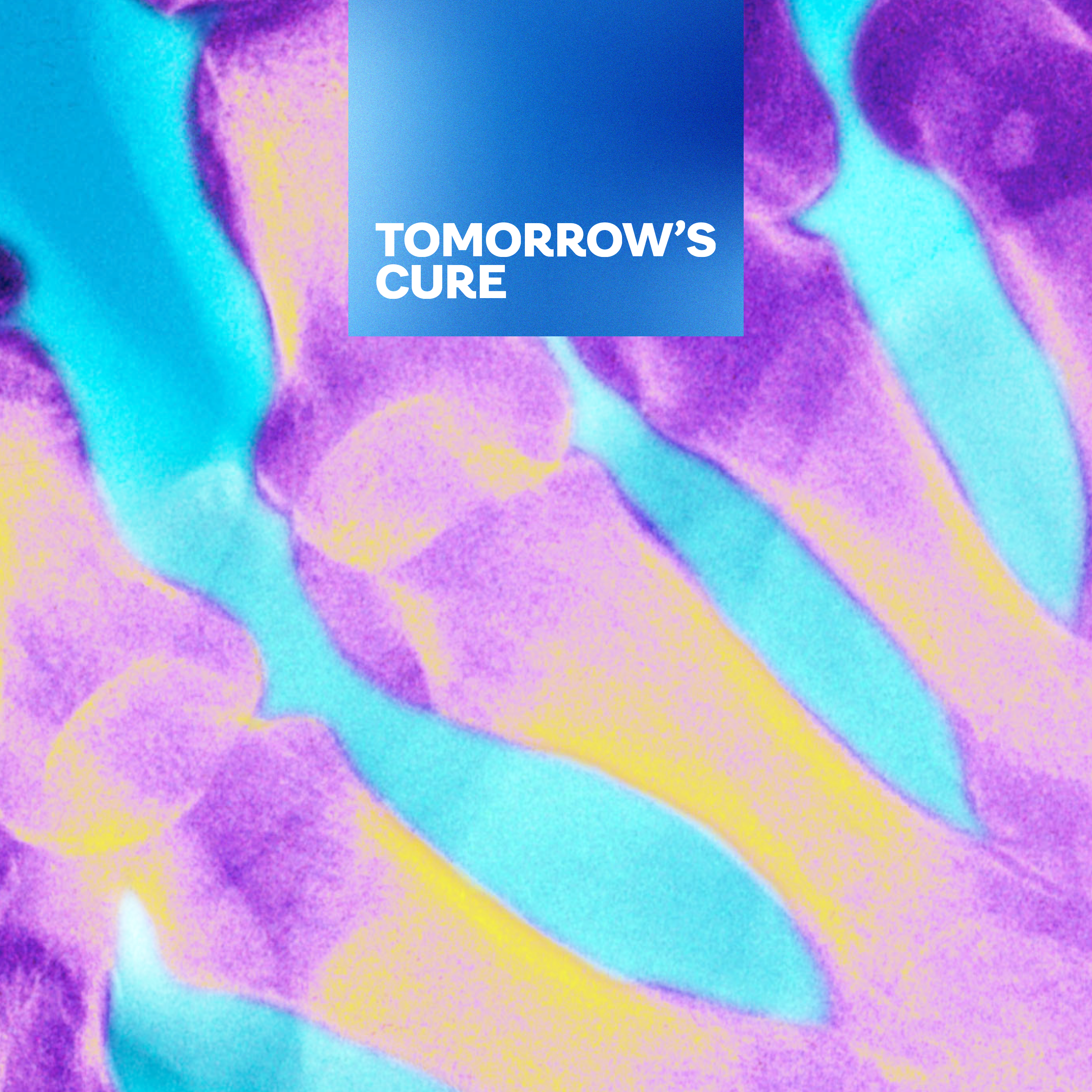-
Research
Training the next generation in regenerative medicine
Mayo Clinic is welcoming a new class of five students into the Regenerative Sciences track within the doctoral program in Mayo Clinic's Graduate School of Biomedical Sciences, one of the first programs of its kind. Training the next generation of physicians and scientists to research, develop and deliver new biotherapies is critical to advancing the promise of regenerative medicine. It's crucial to Mayo Clinic's vision of bringing new cures to the practice for patients with complex conditions. The challenge is that regenerative medicine and sciences are so new that until now, very little to no curriculum existed at most academic institutions.
"This is just our second year of offering the Regenerative Sciences Ph.D. track. We are thrilled to welcome a high-caliber group of students with strong potential to advance the cell and tissue biotherapeutics," says Isobel Scarisbrick, Ph.D., program director for the Regenerative Sciences education program in Mayo Clinic's Center for Regenerative Medicine. "Mayo Clinic is a pioneer in offering comprehensive regenerative medicine education, tapping experts in research, education and practice to develop coursework that has the potential to reshape the daily clinical care."
Regenerative medicine is a new field of practice that is shifting the focus of health care from fighting disease to rebuilding health by repairing, replacing, or restoring diseased cells and tissues. Mayo Clinic's Center for Regenerative Medicine is at the vanguard of this movement and supports the new Regenerative Science track as part of its objective of training the future workforce.
The five students admitted to the program will begin their new cohort in the summer.
Aubrey Berger
Aubrey Berger has a deep interest in biomanufacturing and tissue engineering. The Colorado native and Arizona State University graduate wants to draw on her degree in biomedical engineering to combine cell work with device engineering to advance regenerative medicine. As an undergraduate, she studied in a bone engineering lab and completed projects in cell culture monitoring. She currently works at Mayo Clinic in Scottsdale, Arizona, researching regenerative applications of mitochondria. Berger aspires to develop technology and protocols to advance regenerative medicine and cellular therapies. Her long-term goal is to work in a start-up company and bring new medical technologies to market that address unmet patient needs.
Jimmy Cai
A native of Guangzhou, China, Jimmy Cai is passionate about combining material platforms with stem cell biology to bring new therapeutics to patients. He holds a Bachelor of Science degree in material science & engineering and biomedical engineering and a Master of Science degree in biomedical engineering at University of California, Irvine. Cai has completed an apprenticeship in stem cell biology at Boston Children’s Hospital, researching stem cell intervention for cartilage repair and cartilage formation at single cell resolutions. His goal is to advance interdisciplinary regenerative discoveries toward clinical care for patients around the world.
Kyle Knofczynski
Kyle Knofczynski is a graduating senior from the University of Minnesota. Captivated by biomedical engineering and the healing potential of stem cells since high school, Knofczynski has been involved in biomedical research through much of his undergraduate career. His work has mostly focused on preservation of induced pluripotent stem cell lines and stem cell differentiation.
He hopes to apply his degree in biomedical engineering and training in cell and tissue engineering to the production of high-quality stem cell products. His long-term research goal is to help derive better stem cell differentiation methods utilizing mechanical, electrical and chemical signaling.
Tiana Salomon
Tiana Salomon is fascinated with biomedical research and how it can reshape life, health, disease and death. She soon will be moving from Rochester, New York, to Rochester, Minnesota, to further her aspirations of integrating biological sciences with engineering for the benefit of patients. Salomon is a senior graduating from the University of Rochester with a degree in biomedical engineering and a concentration in cell and tissue engineering. During her undergraduate studies, she worked in a biomaterials and therapeutics lab on nanoparticle RNA delivery systems. Her team manufactured a wearable biosensor to diagnosis sepsis using biomarkers in human perspiration. Salomon's goal is to be a biomedical scientist working to advance research into new biotherapies in an environment of collaboration, accessibility and inclusivity for patients around the world.
Rafaela Simoes Torigoe
Rafaela Simoes Torigoe is intrigued with the potential of using regenerative medicine to heal chronic conditions. She wants to advance research in tissue engineering for wound healing, particularly for patients with conditions related to chronic inflammation. Simoes Torigoe is finishing her master's degree in mechanical engineering at the University of California, San Diego, where she also holds a bachelor's degree in bioengineering with an emphasis in biosystems. She has participated in research since early in her college career and is currently leading projects involving medical devices to address urinary tract infections and vaginal stenosis in cervical cancer survivors.
The new regenerative medicine and sciences students join a program that is unique in that the doctoral program is taught by dedicated regenerative medicine experts at Mayo. The curriculum spans a wide range of competencies that include fundamental cellular and molecular science principles, and transdisciplinary education in regulatory issues; quality control; bio-business and entrepreneurial pathways; data science; medical sciences; ethics; and emerging technologies. Mayo faculty are continually updating the coursework. The Regenerative Sciences track within the doctoral program generally takes five years to complete.
###









